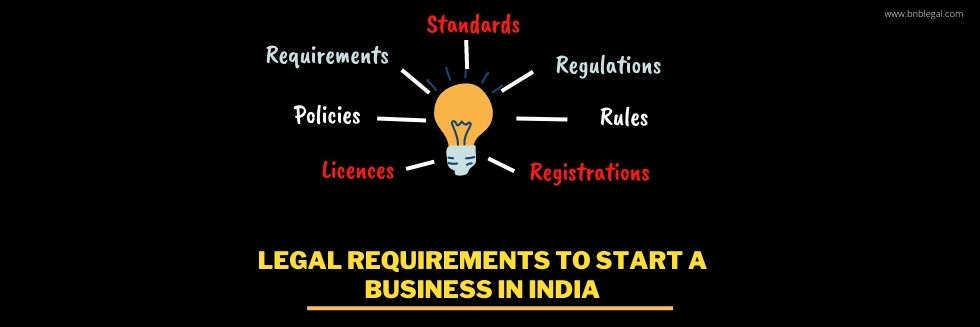Overview:
In today’s ever-expanding world of complex monetary and economic relations, Contracts play a vital role. This furthers the importance attached to the statute regulating them to ensure that parties hold them as legal relations at par, but in the actual scenario, at times one party is in a stronger position to bargain against the other and obtain an unfair advantage. Unconscionable Contracts are contracts which are one-sided and drafted in such a manner that they leave the weaker party with no choice by imposing unfair and unjust terms. The doctrine of Unconscionability describes as contrary to conscience and brings the court in a position to intervene in the relations based on unreasonable conditions which no prudent person would have agreed to follow. In the case of determining unconscionability various factors such as mental element, age etc. are taken into consideration.
Types of Unconscionability
1. Procedural Unconscionability
It refers to the conditions that led to the formation of a contract due to inequalities in age, mental element and bargaining power. In Nichols v. YJ USA Corp.[1], the court held that “Procedural unconscionability means that oppression and unfairness must taint the negotiation process leading to the agreement’s formation.”
2. Substantive Unconscionability
It refers to the terms of the contract that led to unconscionability. It results from contract terms that are excessively harsh which by itself discloses that the contract is contrary to conscience. In Lemke v. Arrowood[2], the court held that
“Substantive unconscionability means the terms of the contract unreasonably favor one of the parties.”
Contract Unconscionability: India
Indian Contracts Act, 1872 mentions no specific statutory provision to grant relief to the weaker party subjected to unconscionability. The same stand has been remarked by 103rd Law Commission Report on “Unfair Terms in Contract” as unable to regulate this mischief of unconscionability. To remedy such contracts they must be related to or fall under any provision in Indian Contracts Act, 1872.
Section 16, Indian Contracts Act, 1872 primarily deals with undue influence where the relation between the parties is that of dominating and dominated thus affecting the contract through fiduciary relationship or mental element. Section16 (3) deals with unconscionability which is an aspect of unfairness and unreasonableness linked with the domination of the will of another in a weaker bargaining position.
Section 23, Indian Contracts Act, 1872 terms an agreement as void if the agreement is unlawful, fraudulent and opposed to public policy. This section does not speak of unconscionability as one of the grounds. This section provides that the consideration or object of an agreement is lawful, unless it is forbidden by law or unless they are of such a nature that if permitted, they would defeat the provisions of any law, or are fraudulent, or involve or imply injury to the person or property of another or the Court regards it as immoral or opposed to public policy.
Avoiding an Unconscionable Contract
The party affected by undue influence may avoid the contract under Section 19A of Indian Contracts Act, 1872 is under no obligation to produce any direct evidence of unconscionability, the court presumes undue influence, shifting the burden of proof to the defendant for proving that the contract bargain was fair and reasonable. In Central Inland Water Transport Corporation Ltd. v. Brojo Nath Ganguly[3], the Hon’ble Supreme Court held that “a clause providing for termination of the services of a permanent employee by serving a three months’ notice on him is arbitrary, unreasonable, opposed to public policy and thus unconscionable.”
Analysis
Unconscionability giving rise to inequality between the bargaining powers of the parties needs strict provision to be enforced by the dominated parties so that they find specific relief for contracts entered by them which are against conscience. No straightjacket case and legislation are available to limit the non-exhaustive nature of the Doctrine of Unconscionability thus making this term subjective.
[1] 2009 U.S. Dist. LEXIS 22450 (D. Tex. 2009)
[2] 2000 WI App 32 (Wis. Ct. App. 1999)
(This article was submitted by Gurudas Khurana of Rajiv Gandhi National University Of Law, Punjab, as a part of B&B Associates’ internship program.)









